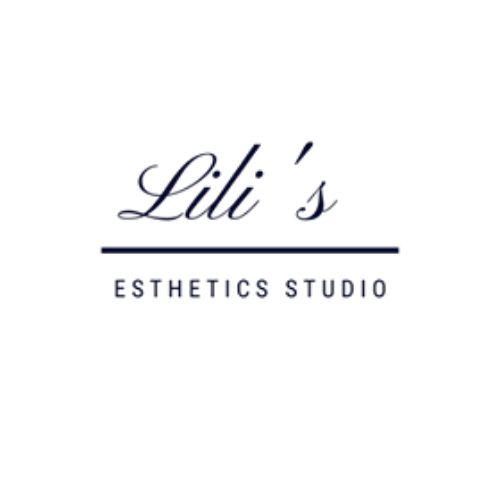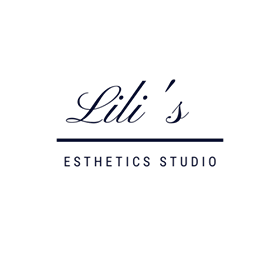Is your skincare really free of chemicals?
There's a lot of talk about "chemical-free" skincare products these days. But is your skincare free of chemicals?
The short answer is NO. There are thousands of chemicals in our environment and the products we use daily.
Everything is made up of chemicals, even things that seem natural, and there is no such thing as something complete "chemically free."
I am tired of marketing companies selling their products by scaring people. It's called fear-mongering and is a well-known and very old sales tactic. Their marketing tactics include making statements that their products are better because they are chemical-free, and there is no such thing, which is misleading.
Chemicals are not harmful, they are the building blocks of life, and they are what give us our health and well-being. Have you heard this phrase, 'the dose makes the poison? The issue is not chemicals but rather how well the product is made and the quality of the ingredients. If you have sensitive skin, it's important to select products that are formulated for sensitive skin. In most cases, this doesn't mean "natural" because many people are allergic to natural ingredients.
Natural ingredients can be just as harmful as synthetic ones if they get into your system in large doses or cause allergic reactions (or irritate your skin). For example, some natural substances can be quite caustic and dangerous to the skin.
So when someone says their skincare is "chemical free," they say it doesn't contain any synthetic chemicals or ingredients that could irritate your skin or make it more sensitive.
But that's not always the case with natural ingredients either — lactic acid and salicylic acid are naturally occurring substances that exfoliate the skin. Still, they can also irritate if misused or in high concentrations.
There are some misconceptions about the safety of cosmetics and personal care products. And one of the most common is that preservatives are dangerous.
Preservatives are essential to keep you safe from harmful bacteria and other microbes. While most consumers don't think about it, these ingredients are in everything from lipstick to shampoo and even in our food.
All processed and packaged food has preservatives, and parabens are widely used in food manufacturing. Plants and fruit also manufacture their preservatives - parabens, for example, blueberries.
The primary purpose of a preservative is to prevent the growth of bacteria, moulds and fungus that could spoil a product or make you sick. They also help prevent discoloration and rancidity.
Most of us have been conditioned to think that all chemicals are harmful, and while some are, we also need many beneficial substances for our health and well-being. The word "chemical" has gotten a bad rap over the years, but it is essential to remember that everything around us is made up of chemicals - even the air we breathe!

